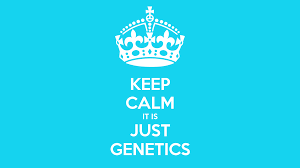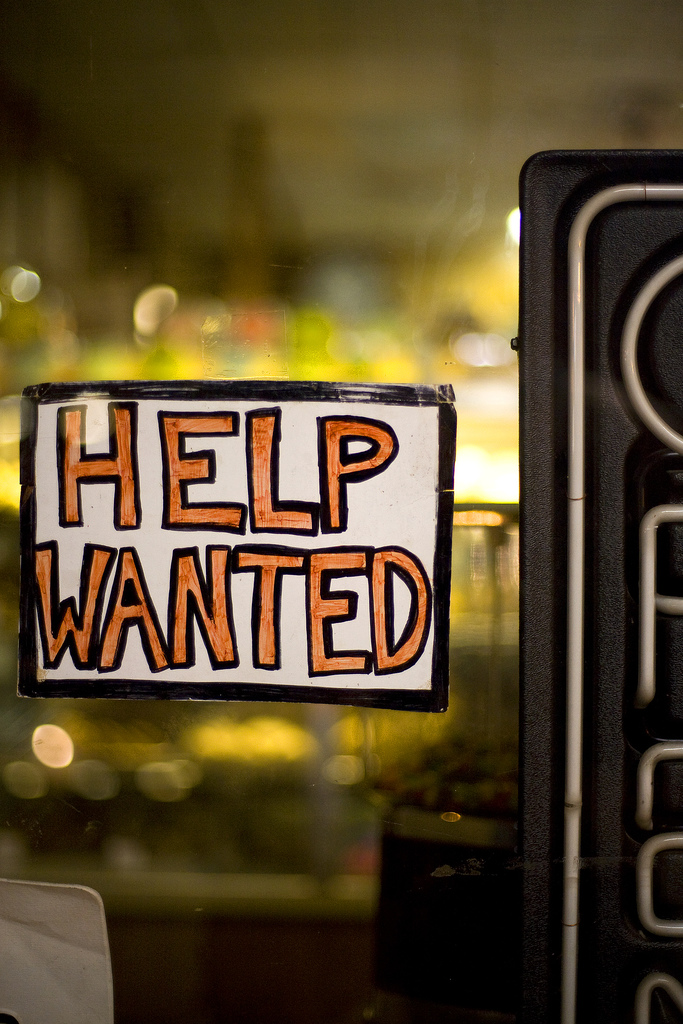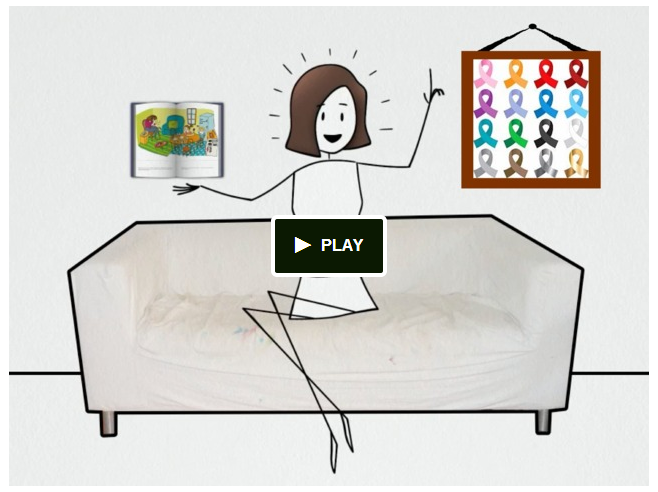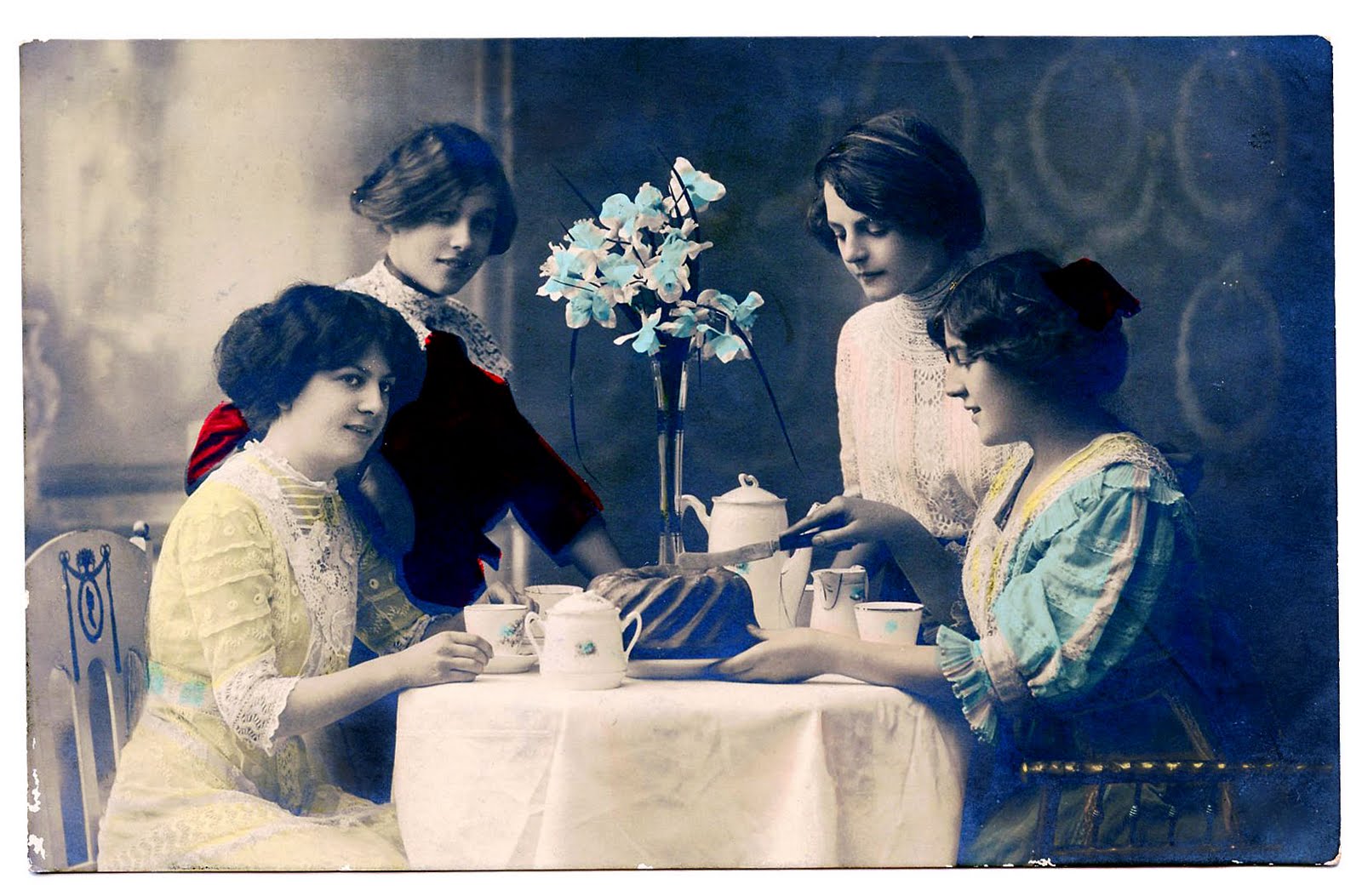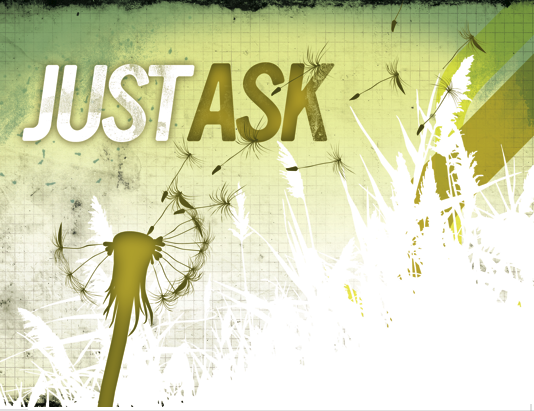[spb_single_image image=”11351″ image_size=”full” frame=”noframe” full_width=”no” lightbox=”yes” image_link=”https://www.kickstarter.com/projects/208577055/a-story-your-way” link_target=”_blank” width=”1/1″ el_position=”first last”] [spb_text_block pb_margin_bottom=”no” pb_border_bottom=”no” width=”1/1″ el_position=”first last”]
When young adults with young families are affected by cancer, children become a part of a complicated conversation revolving around difficult topics like wellness, cancer treatments, and quality of life. Family schedules adapt to meet the need of the parental cancer patient, and day-to-day life changes for everyone involved. Bringing children into this conversation is a complex task. With children growing up in more diverse households, it is time that books specializing in explaining a parent’s cancer diagnosis to children mimic this trend. A Story Your Way kickstarter campaign is seeking to change all of this.
NovaCarta, a non-profit based out of Switzerland, has set about tackling how best to explain to children what cancer means and how their family will be affected. The association’s maiden project, A Story Your Way, allows families to create a book reflecting their exact situation, including cancer type and family structure. These wonderful and adaptable books are created directly on NovaCarta’s website and sent straight to the family. The family selects a number of parameters including cancer type, family structure, primary language spoken at home, illustrator choice (there are 3 different styles to choose from), and treatment plan. In this way, single parent households, same-sex couples, and heterosexual couples can all have a book representing their family properly. The family’s book can explain their own cancer story to best present the topic to children.
The books will be initially available in English, French, German, and Italian with later versions offering even more language options. Later versions of this project will also be adapted for older children dealing with a parental cancer, dealing with a sibling’s cancer, and other illnesses but first, NovaCarta needs your help! Funding for the project, A Story Your Way, is currently underway on kickstarter! To find out more about the association, you can visit their website here. If you are interested in helping fund this fantastic project, you can visit their kickstarter campaign here.

Here is more information about the project, straight from NovaCarta…
Explaining illness and its consequences to children is often a difficult and complex endeavour. A simple approach rarely reassures a child. It is therefore important to thematize the situation, the new daily routine and the specific changes the patient will go through. Studies done over the past 20 years show the importance, for children’s well being, to include them in open discussions concerning a parent’s illness (see bibliography). These studies explain that parents often find themselves lacking the appropriate means to have such discussions.
The importance of openly communicating about a parental cancer with children is imperative for their well being. Children who receive clear information throughout the period of a parent’s illness are less anxious than those that do not. For certain illnesses, like breast cancer for example, dedicated books exist to treat the subject matter with kids. However, these books focus on one specific case and moreover reflect a standard family structure. However, the heterosexual married couple with kids reflects an outdated family configuration.
We know that in the United-States, 24 % of cancer patients have dependent children (the number goes as high as 33 % in the case of breast cancer).
Some extra statistics on family :
– 1.9 million single parent households in the UK in 2013 http://www.ons.gov.uk/ons/rel/family-demography/families-and-households/2013/stb-families.html?format=print
– 28 % of children in the US live with one parent. https://www.census.gov/prod/2013pubs/p20-570.pdf pg.23
– 16.4 % of same sex couples have children (idem pg.24)
We can see that today children are growing up in families of many different configurations. Now, while these families may face discrimination in certain aspects of their lives, cancer doesn’t discriminate and can unfortunately affect their lives. Our book can be adapted to all family structures and cancer types, so families that have as of yet not been represented in this type of literature can get a book they relate to.
Novacarta will use the ease of print on demand technology to create individualised books. By preparing a multitude of scenarios covering the problematic involved in cancer, Novacarta will select the appropriate ones for each patient, thus providing them with a story that best coincides with their specific situation.
A semi-automatic work flow will print the book, on demand, for the patient and then delivered by mail.
Bibliography
Barnes, J., Kroll, L., Burke, O., Lee, J., Jones, A., Stein, A. (2000). Qualitative interview study of communication between parents and children about maternal breast cancer. BMJ, volume 321, 479-482.
Billhult, A., Segesten, K. (2003). Strength of motherhood : nonrecurrent breast cancer as experienced by mothers with dependent children. Scand J Caring Sci, 17, 122-128
Forrest, G., Plumb, C., Ziebland, S., Stein, A. (2006). Breast cancer in the family – children’s perspective of their mother’s cancer and its initial treatment : qualitative study. BMJ Online First (bmj.com). DOI:10.1136/bmj.38793.567801.AE
Keeley, D. (2000). (2000). Telling children about a parent’s cancer – parent’s want help but don’t get it. BMJ, volume 321, 462.
Kennedy, V.L., Lloyd-Williams, M. (9 janvier 2009). How children cope when a parent has advanced cancer. Wiley InterScience (www.interscience.wiliey.com). DOI : 10.1002/pon.1455
Kroll, L., Barnes, J., Jones, A., Stein, A. (1998). Cancer in parents : telling children. BMJ, volume 316, 880.
Muriel, A.C., Rauch, P.K. (2003). Suggestions for Patients on How to Talk with Children About a Parent’s Cancer.
Rauch. P.K, Muriel. A.c. (2004). The importance of parenting concerns among patients with cancer. Criticial Reviews in Oncology Hematology, 49, 37-42.
[/spb_text_block]




